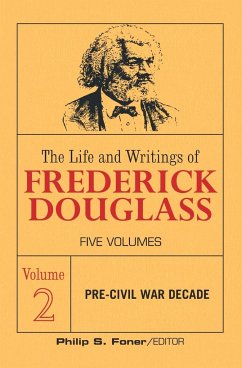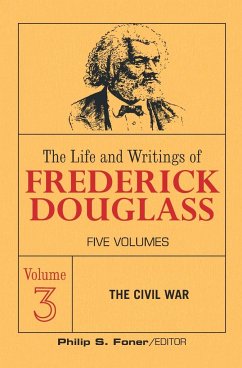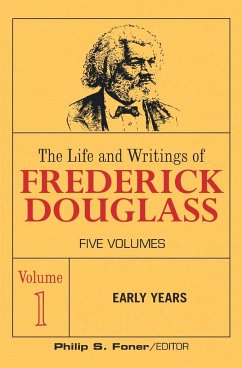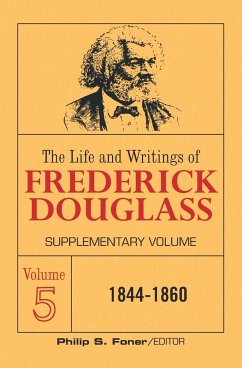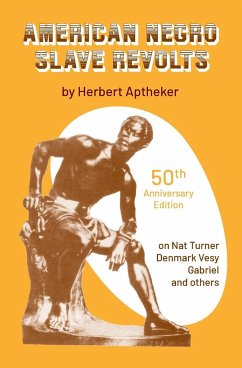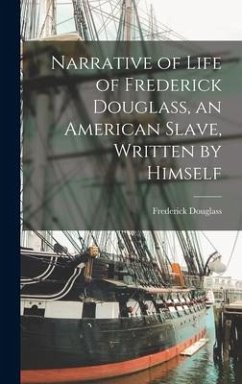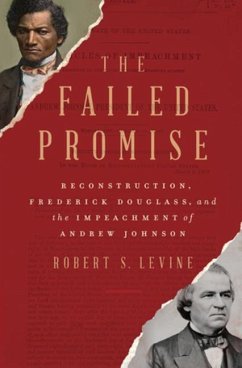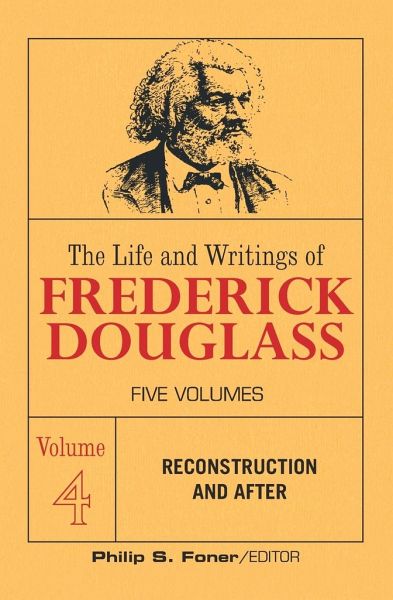
The Life and Writings of Frederick Douglass, Volume 4
Reconstruction and After
Herausgeber: Foner, Phillip Sheldon
Versandkostenfrei!
Versandfertig in 1-2 Wochen
25,99 €
inkl. MwSt.

PAYBACK Punkte
13 °P sammeln!
"Reconstruction and After," the fourth volume of the collected works of Frederick Douglass, brings together for the first time his writings and speeches during the crucial period, 1865-1895. These years are also covered in the section of Dr. Foner's full-scale biography of Douglass which appears in this volume. The present volume brings out Douglass' fight to give meaning to the Union victory in the Civil War by guaranteeing economic, political, and civil freedom to the Negro people. He was an outstanding leader in the campaign for the fourteenth and fifteenth amendments and, when they were ra...
"Reconstruction and After," the fourth volume of the collected works of Frederick Douglass, brings together for the first time his writings and speeches during the crucial period, 1865-1895. These years are also covered in the section of Dr. Foner's full-scale biography of Douglass which appears in this volume. The present volume brings out Douglass' fight to give meaning to the Union victory in the Civil War by guaranteeing economic, political, and civil freedom to the Negro people. He was an outstanding leader in the campaign for the fourteenth and fifteenth amendments and, when they were ratified, continued to battle to make these laws effective. His writings have a contemporary ring.



